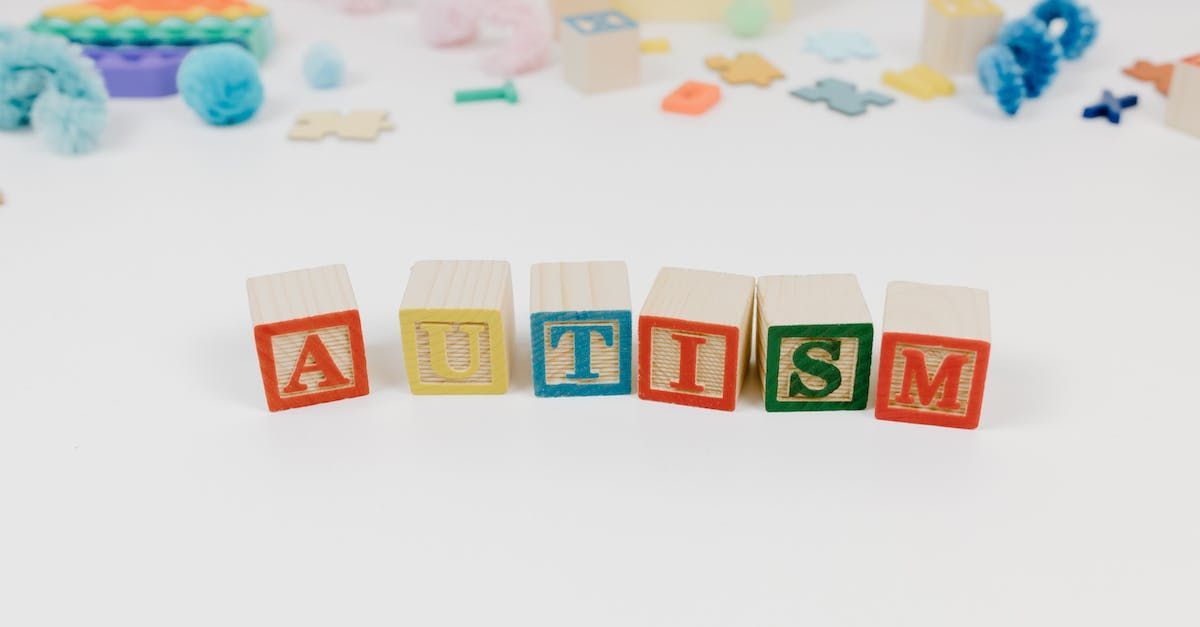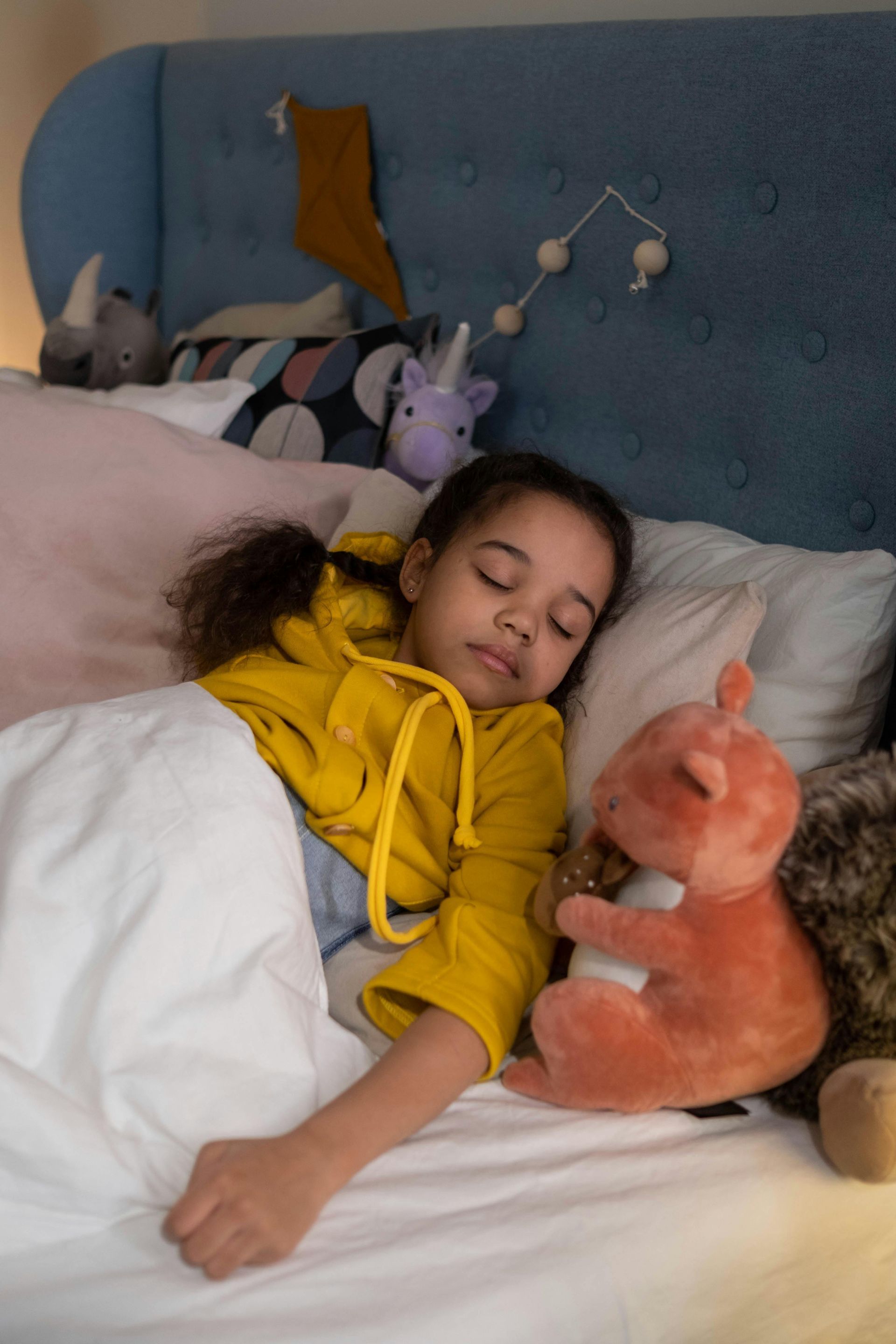Most Effective Therapies for Autism
The Most Effective Therapies for Autism

Some of the most effective therapies for autism are best used in combination and as early as possible. A comprehensive treatment plan could include many, or even all of, the following:
- Applied Behavior Analysis (ABA)
- Cognitive Behavior Therapy (CBT)
- Speech therapy
- Physical therapy
- Occupational therapy
- Nutritional therapy, and more
ABA is considered the primary therapy for treating individuals with autism, but all of these therapies have something to offer. No single therapy will work for everyone every time, so treatment plans are varied and highly individualized to meet each child’s needs. Professionals consider the strengths and weaknesses of the child as well as the pros and cons of any particular therapies when creating a treatment plan.
ABA Therapy
Long respected as the “gold standard” of autism therapy, Applied Behavior Analysis works towards specific goals in areas such as social and communication skills, independence and self-care, and motor skills. ABA is often performed in the home setting and can involve the whole family. Parents and caregivers are taught how to continue the therapy with regular practice. ABA therapy is incredibly adaptable and has high success rates. Its only major cons are that it requires long term treatment in order to be most effective and it can be quite costly.
Cognitive Behavioral Therapy
CBT, or Cognitive Behavior Therapy, is used to treat anxiety, depression, addiction, eating disorders, and other mental illnesses. In addition, CBT has proven successful at helping individuals with autism recognize emotions, negative thoughts, and triggering events, as well as equipping a patient with tools and coping skills. Working towards emotional regulation would benefit many with autism, but this therapy tends to work best for those with high-functioning autism and is less effective for low-functioning autism. It can also be administered in group settings, which is not ideal for anyone who experiences anxiety or overstimulation in a social setting.
Speech Therapy
Speech and language therapy can assist with communication deficits and language delays that are common in children with autism. Speech therapy can be useful whether a child is verbal or nonverbal; it is regularly recommended therapy across the autism spectrum. Speech and language therapy can address a wide variety of issues, including:
- Strengthening muscles in the mouth and jaw
- Improving the rhythm and rate of speech
- Articulation, or the clear production of speech sounds
- Building vocabulary
- Understanding body language
- Using sign language, hand signals, or pictures to communicate
- Understanding feelings and emotions better
- Learning how to put words into sentences
- And many, many more…
Speech therapy is a very valuable therapy, but it is not a stand-alone therapy for autism.
Physical Therapy
Physical therapy (PT) can help a child with autism build muscle tone, improve balance and coordination, refine breath control, and raise their general fitness level. It is generally very fun and engaging for a child. There is no scientific data to support that PT helps with autism symptoms, but it may be especially beneficial to children with a physical deficit or movement issues.
Occupational Therapy
Children with autism can have difficulty with everyday care tasks such as dressing themselves, brushing their teeth, toileting, or feeding themselves. Occupational therapy, or OT, can help a child build physical and motor skills to improve these life skills. OT also works on social and cognitive skills. Occupational therapy is a cost-effective option to build skills, but like others, it is not a stand-alone therapy for autism.
Positive Reinforcement not only offers children ABA therapy services for Somerset Kentucky, North Virginia, West Virginia and surrounding areas.










